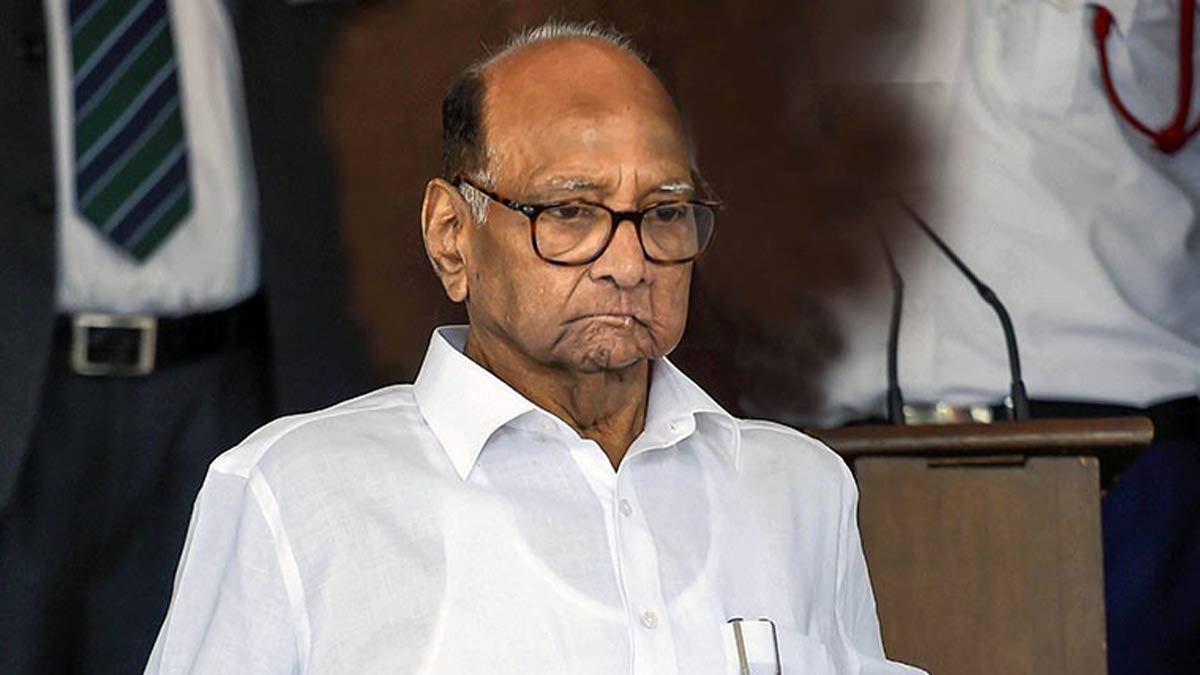Nationalist Congress Party (NCP) founder Sharad Pawar has moved the Supreme Court seeking a direction to restrain his nephew and Maharashtra Deputy Chief Minister Ajit Pwar from using the ‘clock’ symbol in the upcoming assembly elections.
Pawar urged the top court to direct Ajit to apply for a new symbol for his faction. He argued that the ‘clock’ symbol had been synonymous with him for the last 25 years and that the voters identify the ‘clock’ with him.
Following the split in the NCP, the Election Commission had recognised Ajit’s faction as the real NCP and allotted the ‘clock’ symbol—the original symbol of the united NCP—to it. Pawar’s group challenged the ECI decision in the Supreme Court.
Also read
- Maharashtra: Sharad Pawar visits kin of Santosh Deshmukh, Somnath Suryawanshi
- ‘MVA will lose deposit in upcoming election’, says Maharashtra BJP slamming Sharad Pawar’s anti-EVM protest
- SC directs Ajit Pawar-led NCP faction to use clock symbol with ‘disclaimer’
- ‘Modi’s apology on Shivaji statue collapse smacked with arrogance’: Uddhav Thackeray
The Supreme Court, in a March 19 order, allowed Ajit faction to continue to use the ‘clock’ symbol, but directed them to publicise in its campaign materials for the Lok Sabha elections that the use of ‘clock’ symbol was sub-judice. The top court also restrained Ajit faction from using the names and images of Pawar in its campaigns.
With Maharashtra set for the assembly elections, the Pawar group has filed a fresh applications in the apex court, urging it to bar Ajit faction from using the ‘clock’ symbol. Pawar claimed that the use of ‘clock’ symbol by his rival group had created some confusion among voters during the Lok Sabha elections.
The Pawar faction had contested the general elections on a temporary party symbol of the ‘man blowing turha’.
In his fresh petition, Pawar accused Ajit of creating “immense confusion and dilemma with respect to who represents the NCP”. He urged the top court to ensure fairness and a level-playing field in the Vidhan Sabha polls, by directing Ajit to apply for a new symbol.
“In appreciation of the fact that the degree of confusion amongst the voters was prevalent in the recently concluded parliamentary elections, the confusion would potentially be greater in the upcoming Vidhan Sabha elections due to the relatively smaller size of the constituencies,” he said.
“Moreover, the degree of confusion is directly proportional to the impact on the electorate and hence possesses a greater propensity in disrupting the conduct of free and fair elections,” he claimed.


